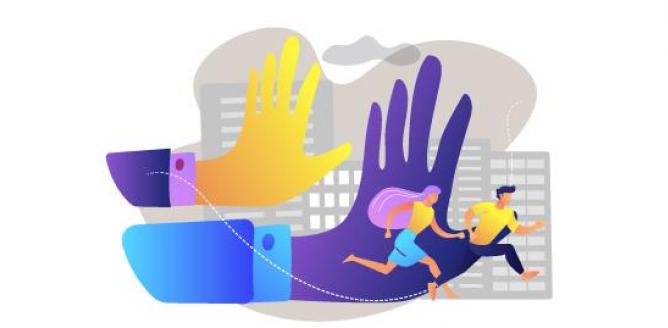“We don’t fight for our own happy endings. We fight to say you can’t. We fight for accountability. We fight to establish precedent. We fight because we pray we’ll be the last ones to feel this kind of pain.”― Chanel Miller, author and sexual assault survivor
While attention has understandably been focused on the troubling proliferation of COVID-19 cases around the world, South Korea has also shocked the global community with a series of high profile public arrests around online sexual blackmail rings.
Just last month, the alleged ring leader of South Korean online sexual blackmail ring was arrested. Cho Ju-bin is charged with using chat rooms on the messaging service Telegram to stream sexually degrading images of women and girls –the youngest of these victims is 11 years old.
The case has shed light on the grim extent of this behaviour and the concerning demand for such deeply misogynistic content. Since September 2019, over 120 suspects and 18 operators have been arrested for their part in similar crimes in South Korea with police currently investigating some of the 260,000 chat room users who pay to view the images.
But these online sexual blackmail groups are not confined to South Korea. It was recently reported that Hong Kong has its own telegram group where members share sexually demeaning photos of women and girls.
While online and digital communications offer new and troubling ways of perpetrating sexual violence, this has not replaced or reduced the prevalence of in-person sexual violence. While the spotlight has been on Harvey Weinstein being sentenced to prison for rape and sexual assault, the brutal truth is that most victim-survivors - the majority of whom are women and girls – will never see their perpetrator brought to account. That realisation, coupled with other factors, means most victim-survivors will never report what happened to them. A prominent example is pop singer Duffy who recently disclosed being raped - over a decade after the crime took place. Her reasons for waiting so long to share her story echoes that of many victim-survivors: fear of retaliation, inadequate access to legal protection, lack of knowledge around what behaviours constitute sexual violence, being unaware of formal reporting mechanisms, distrust of existing services as well as entrenched stereotypes coupled with a culture of victim-blaming. Each of these factors contribute to a vicious cycle where victim-survivors remain silent and do not seek the support they need.
To break this vicious cycle, everyone can play a part. As a community we must recognise that the shame and stigma of these crimes should be reserved solely for the perpetrators and never for the victim-survivors.
At TWF, we are committed to building an environment in Hong Kong that holistically and collectively supports victim-survivors. We invite you to join us during Sexual Assault Awareness Month to address this critical issue and build a city that is safe for everyone by taking action. Stay tuned!
Get in touch at Fiona.Nott@twfhk.org.





















